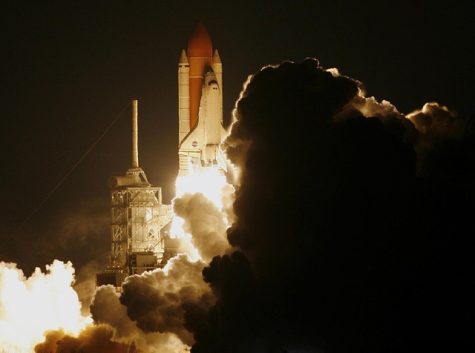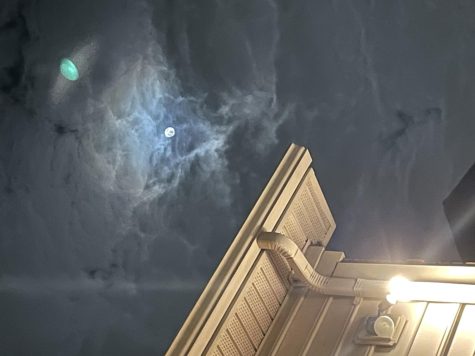Why is declaring Jerusalem the capital of Israel so controversial?
What is the controversy over the city?
Both Palestinians and Israelis claim Jerusalem as their political capital and sacred religious city. Their history of dispute goes all the way back to 1000 BCE when King David established Jewish control over the city. The city fell in and out of their hands over the next millenia. From 1519-1917, the Ottoman empire, whose official religion was Islam, ruled the city.
Palestinians want to officially declare the east side of Jerusalem as part of Palestine, but Israel, to put it mildly, disagrees. An Israeli law was passed in 1980 saying that Jerusalem was “undivided,” which gave all of eastern Jerusalem to the Israel. The United Nations has since declared Jerusalem as a special international zone. The cities status has been officially disputed since the 1948 Arab-Israeli War, even though the city is de facto controlled by the Israel.
The United States has long remained neutral, leaving it up to the Palestinians and Israelis to manage the peace process. Trump has since broke that traditional neutrality. Trump has not explicitly endorsed Jerusalem as the capital, but has not rejected the idea, nor has he said that Jerusalem should be the capital of Palestine.
Why does it matter if the US takes sides?
The United States for decades has positioned itself as a mediator between the two sides. Supposed neutrality allows the United States to be a credible arbiter, keeping both of the sides at the negotiating table. American presidents have had to play a tightrope game in this regard, where they promise their constituents pro-Israel policies while still maintaining neutrality when it comes to international negotiations. Because of this, many Arab nations have been incredibly suspicious of America’s bias in the peace negotiations. This is important, because American diplomats consider neutrality to be one of the reasons they have kept a peace, which makes Trump’s endorsements that much more alarming. Trump has already made a plan to move the embassy, endorsing an American shift from being tacitly neutral to overtly favoring the Israelis.
Already, the Palestinian authority has issued a request to the United Nations to have the peace process reappropriated by them. As well, Turkey and Lebanon have said that they would like to have Palestinian embassies established in East Jerusalem. This signals a move away from American organized peace negotiations in the region.
What happens now?
Protests, which sometimes can get violent have become a common Palestinian answer to provocations. Many have taken to the the streets of Jerusalem, the West Bank, Morocco, Indonesia, Yemen, and Turkey in protest. Four Palestinians have died in clashes with Israeli Security Forces. Fortunately, the violence has been contained to this event.
As for the wider Arab region, it might increase the tensions and lower levels of cooperation between the United States and Arab region. Trump’s announcement was immediately met with a warning by the Arab league, an organization of 22 mostly Arab speaking countries, that he was “deepening tensions, igniting anger, and threatening to plunge the region into more violence and chaos.”America is already quite unpopular throughout the region for invading Iraq. Though they don’t care much about Palestine itself, they do care for the prospect of domestic violence. The endorsement of Jerusalem as Israel’s capital could make it harder for Arab governments to justify their cooperation with what is perceived as a plot against the Palestinians. Eventually, this could lead Israel to make a decision over permanent control over Palestinians without granting them full rights or establishing a pluralistic democracy. Trump’s announcement probably edges them closer to that future, but again, it was probably heading towards that future anyways.

I'm Jake Neuffer, the 2018-2019 Outlook Editor in Chief. I try to write about politics, international relations, and culture whenever I can. I write about...
Hey! My name is Sahithi Jammulamadaka and this is my fourth year on the Oakton Outlook staff and my second year as Editor-in-Chief! I am super involved...





